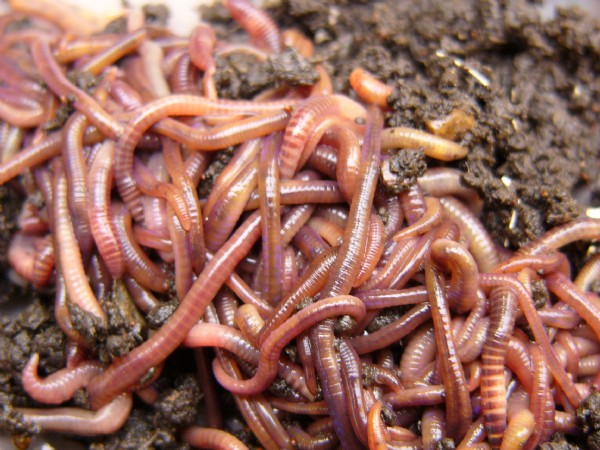

BBC ‘Countryfile’ programme carried a feature about how the emergence of drug-resistant worms is posing a severe threat to sheep farming in the UK and quoted the figure of £84m as the cost to the UK farming industry of chemical anthelmintics or drenches (wormers).
The results of a wide range of (in vitro and in vivo) studies demonstrated how the consumption of sainfoin can affect the main species of parasitic worms present in either the abomasum or in the small intestine of sheep and cattle. This is because the consumption of sainfoin disturbs the biology of three main key stages the eggs, the infective larvae and the adult worms of the parasite life cycle. The effects are a reduction of the faecal egg count (due either to a lower fertility of female worms or less worm numbers), a lower development of the eggs to larvae, or a lower establishment of the infective larvae in the animals.
These anthelmintic species can help with cattle too. In the late part of the grazing season, pastured calves may get heavy infections with the stomach worm, Ostertagia, characterised by diarrhoea, lack of appetite and retarded growth. In these animals, weight gains can be reduced by up to 315 g/day on average. Adult cattle are more resistant to the worms; however, the production can also be impaired without showing clinical signs e.g. a reduced milk production by 0.5–1.0 kg/day per cow. Dried sainfoin pellets were fed to young calves for 6 weeks following infection, which reduced the number of stomach worms Ostertagia by more than 50%.
There’s more information on the benefits of diverse leys in the knowledghe hub. Cotswold Seeds have also produced a grower’s guide to Sainfoin which contains an in-depth analysis of it’s benefits for farmers and is available as a download.
Date Posted: 23rd November 2016



